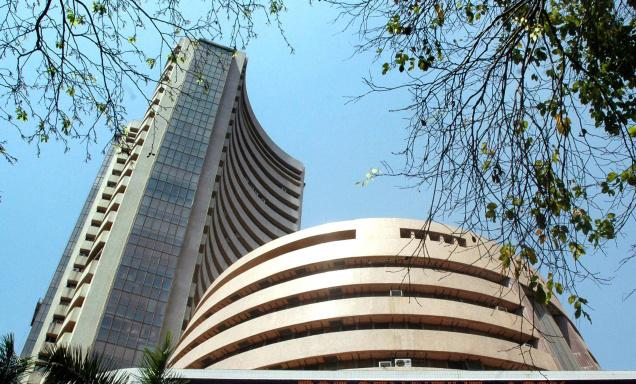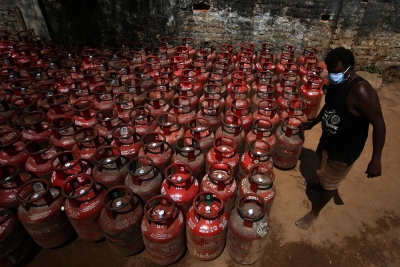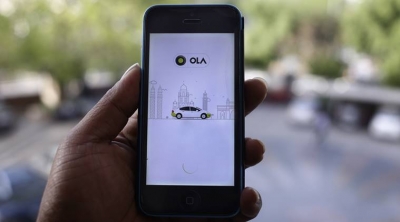New Delhi: India’s financial sector is growing at a rapid pace as fintech startups have grown by about five times in the past three years, according to a report. The growth has been from 2,100 in 2021 to 10,500 in 2024. JM Financial said in a report: “At present time,...








